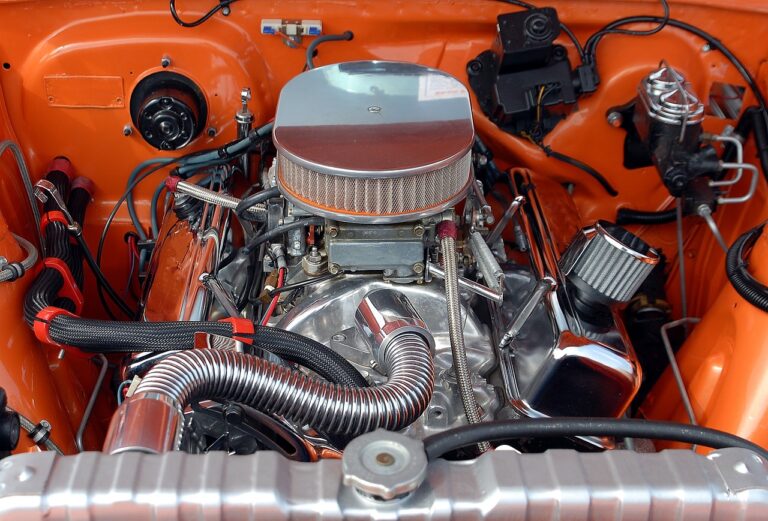Sustainable Practices in Automotive Manufacturing: Lean Production Methods
Traditional manufacturing processes often face inefficiencies due to their rigid and inflexible nature. The lack of adaptability in these processes can lead to bottlenecks and delays in production, hindering overall efficiency. Moreover, the manual nature of many traditional manufacturing methods can result in higher labor costs and reduced productivity.
Additionally, traditional manufacturing processes are often prone to quality control issues and inconsistencies. The reliance on manual labor can introduce human error into the production process, leading to defective products and increased rework. Lack of real-time data and monitoring in traditional manufacturing can make it challenging to identify and address quality issues promptly, impacting the overall product quality and customer satisfaction.
Benefits of Implementing Lean Production Methods
Lean production methods offer numerous advantages to companies striving for efficiency and cost-effectiveness in their manufacturing processes. One key benefit is the significant reduction in waste that lean practices can bring about. By streamlining operations and focusing on value-adding activities, companies can minimize unnecessary steps and resources, leading to a decrease in overall waste production. This not only benefits the organization economically but also contributes to a more sustainable and environmentally friendly approach to manufacturing.
Moreover, implementing lean production methods often results in improved lead times and faster response to customer demands. By eliminating bottlenecks and reducing downtime through efficient processes, companies can enhance their ability to swiftly adapt to changing market trends and customer preferences. This agility in production not only boosts customer satisfaction but also gives companies a competitive edge in the fast-paced business environment.
• Improved lead times and faster response to customer demands
• Eliminating bottlenecks and reducing downtime through efficient processes
• Enhancing ability to swiftly adapt to changing market trends and customer preferences
Lean production methods also promote a culture of continuous improvement within organizations. By encouraging employees at all levels to identify inefficiencies, suggest improvements, and participate in problem-solving initiatives, companies can foster a sense of ownership and empowerment among their workforce. This not only leads to increased employee morale and engagement but also results in a more innovative and dynamic work environment where everyone is committed to driving positive change.
Furthermore, lean production methods help companies optimize their use of resources by focusing on maximizing value for customers while minimizing waste. This strategic approach enables organizations to operate more efficiently, reduce costs, improve quality, and increase profitability. By implementing lean practices such as Just-In-Time inventory management and Total Productive Maintenance, companies can achieve higher productivity levels with fewer resources, ultimately leading to improved competitiveness in the marketplace.
Reduction in Waste and Environmental Impact
Manufacturing processes have historically generated a significant amount of waste, contributing to environmental degradation and resource depletion. The inefficiencies in traditional production methods often result in excess materials being discarded, leading to both economic and environmental consequences. Furthermore, the energy consumption required by these inefficient processes contributes to the carbon footprint of industries, exacerbating the impact on the environment.
However, the adoption of sustainable practices, such as lean production methods, has enabled companies to reduce waste generation and minimize their environmental footprint. By implementing strategies to optimize production processes and eliminate unnecessary practices, manufacturers can significantly decrease their resource consumption and emissions. This shift towards more efficient and sustainable manufacturing not only benefits the environment but also allows businesses to operate more cost-effectively in the long run.
What are some challenges in traditional manufacturing processes?
Some challenges in traditional manufacturing processes include overproduction, excess inventory, inefficient processes, and unnecessary transportation.
How can implementing lean production methods benefit a company?
Implementing lean production methods can benefit a company by reducing waste, improving efficiency, increasing productivity, and lowering costs.
How does reducing waste in manufacturing processes impact the environment?
Reducing waste in manufacturing processes can have a positive impact on the environment by conserving resources, reducing pollution, and minimizing the use of energy.
What are some strategies for reducing waste in manufacturing processes?
Some strategies for reducing waste in manufacturing processes include implementing just-in-time production, optimizing production flow, eliminating defects, and promoting continuous improvement.







